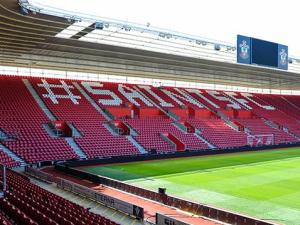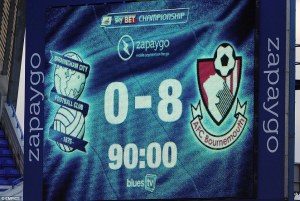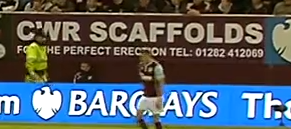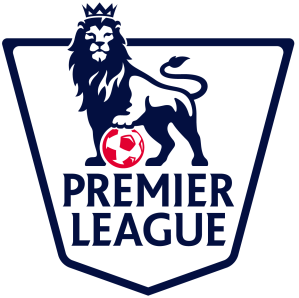The growing presence of social media has deeply influenced the game. Each of the ninety-two English Football League clubs have an official Twitter account – with many non league teams also having one. The impact of social media on Football has gone all the way from clubs having designated ‘hashtags’ on Twitter to having a ‘hashtag’ on the seats at their stadium. Fans can follow their favourite players and interact with them; whether its to praise or condemn.

It is entirely useful for Football Clubs to be on Twitter. For example, should the team win; supporters who were at the game will laud the performance on the site – making supporters who couldn’t attend want to go the the next game, therefore increasing revenue for the club. This is better known as ‘Word of Mouth’ which is effectively free advertising for a company should they provide a good product/service. Clubs can interact with their supporters to tell them if they can pay on the day to maximise the potential attendance until hours before the game which is useful to attract ‘floater’ fans – who may only go to bigger games for the thrill, rather than spending money they don’t want to on a season ticket.

Social Media is a key tool for all football clubs to use to enhance their sales through increased attendance and merchandise sales, which can be advertised for free through their Twitter and Facebook accounts. Therefore it is no surprise that all of the top teams are now on Twitter as well as having a Facebook page for fans to interact with the club easier than ever before.
Follow our Twitter and like our Facebook for more blog posts!



